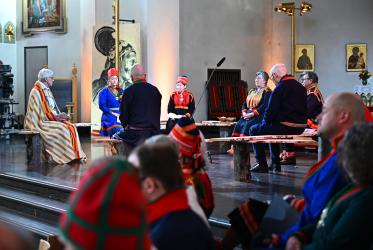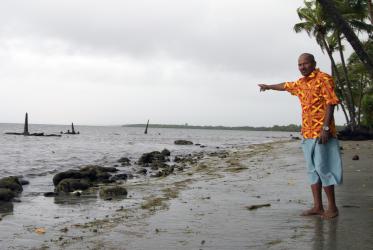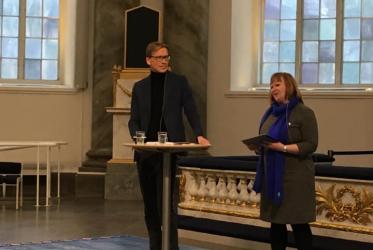Displaying 1 - 15 of 15
27 October 2022
The cry of the Papuans in Indonesia
14 November 2019
Ecumenism is a sense of belonging
08 February 2019
WCC, ACT reflect on ecumenical diakonia in historic meeting
01 November 2018
Looking back and ahead
31 October 2018
Second Bible study on stateless persons available for Advent use
08 December 2016












